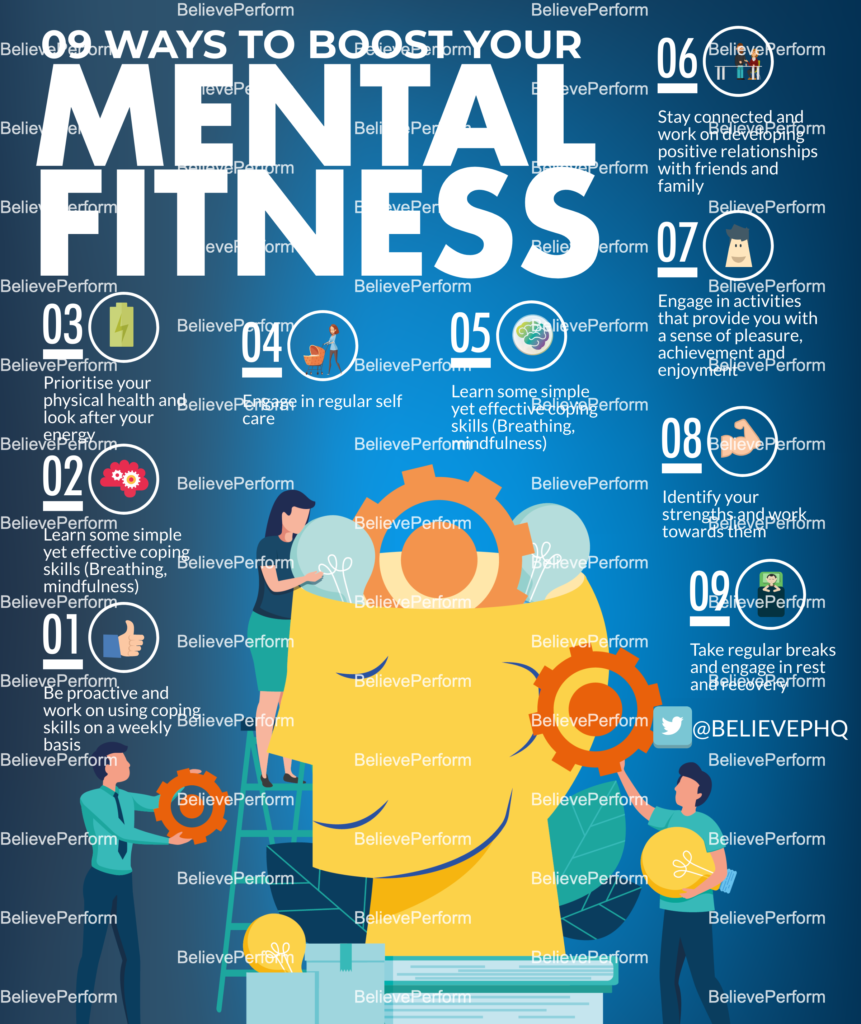
What Is Mental Fitness and Why Should You Care?
Boosting Your Mental Fitness: Real Strategies for a Healthier Mind
We live in a world that often prioritizes physical health, leaving our mental well-being to take a backseat. But just like your body craves regular exercise to stay in shape, your mind needs nurturing to thrive. Mental fitness is more than a trendy term; it’s a vital practice that helps you build emotional strength, sharpen your mind, and live a fuller life. So, let’s dive into what mental fitness really means, look at some practical strategies, and find out how taking care of your mind can lead to significant improvements in your everyday routine.
What Is Mental Fitness and Why Should You Care?
Simply put, mental fitness is all about maintaining a positive outlook and well-being, shaped by how we think, feel, and act. It mirrors physical fitness – just as you measure your body’s efficiency, mental fitness is crucial for your emotional health. It’s not just about avoiding mental health issues; it’s about actively establishing habits that promote resilience and well-being.
Neglecting your mental fitness can result in serious issues like anxiety and depression, much like ignoring your physical health can lead to various ailments. By regularly engaging in mental fitness exercises, you can help prevent these downsides and make mental health a part of your daily life.
Key Areas of Mental Fitness
Think of mental fitness like physical fitness—it has different parts that work together:
1. Emotional Resilience: This is your ability to bounce back from tough times.
2. Cognitive Functions: Skills like memory, attention, and decision-making all fall under this umbrella.
3. Behavioral Strategies: Healthy habits that boost your psychological well-being.
4. Self-awareness: Knowing your emotions, thoughts, and behaviors is crucial.
Simple Strategies to Boost Your Mental Fitness
Ready to improve your mental fitness? Here are some straightforward techniques to try:
– Mindfulness: Taking just a few minutes each day to focus on your breath helps keep you grounded and lowers stress.
– Journaling: Writing down your thoughts can clarify feelings and help you process experiences. A gratitude journal can shift your focus to the good things in your life.
– Visualization: Picture a successful outcome in your mind; it can pump up your confidence and prepare you for challenges.
– Positive Affirmations: Repeat uplifting statements about yourself. This practice can challenge and change negative thoughts.
– Mood Tracking: Keep a log of your emotions. This helps you spot triggers and trends, giving you insight into how to manage your feelings better.
Changing Your Brain for Better Mental Health
Here’s something interesting: scientists talk a lot about neuroplasticity, which is the brain’s ability to change and adapt. With consistent practice, you can help your brain form healthier thought patterns. On the flip side, letting negative thoughts take over can reinforce unhealthy emotions and beliefs.
Real-Life Applications
Take those with a family history of anxiety as an example. They could set specific mental fitness goals, like writing in a journal weekly to tackle potential triggers. Combining cognitive-enhancing games and mindfulness with regular physical activity can lead to noticeable improvements in mental health.
Making Mental Fitness Work for You
Promoting mental fitness isn’t just important for you individually; it has significant impacts on therapists and workplaces too.
For Mental Health Professionals
As a mental health practitioner, consider weaving mental fitness training into your practice. Using personalized check-ins can help you create effective plans that mix mental fitness strategies with individual needs.
For You as an Individual
Creating your own mental fitness routine can help you build resilience and prevent stress down the line. Start small—carve out little pockets of time in your day or week for activities that resonate with you, whether that means seeking out online resources, attending workshops, or joining retreats focused on mental wellness.
In the Workplace
Companies that implement mental fitness initiatives can see benefits too. Just like having physical health programs, promoting mental wellness can ramp up employee engagement and cut down on absenteeism. Stress management workshops and resilience training could equip employees with tools to handle workplace challenges effectively.
How to Make It Happen
So, how do you put these strategies into action? Here’s a simple roadmap:
1. Set Realistic Goals: Start small with achievable objectives related to your mental fitness. Focus on one technique at a time to avoid feeling overwhelmed.
2. Establish a Routine: Allocate specific times each week for mental fitness activities, whether that’s mindfulness, journaling, or playing cognitive games.
3. Keep Track of Your Progress: Use a mood tracking app to monitor your emotions over time. This helps you find patterns and areas to improve.
4. Get Involved in a Community: Look for group activities or workshops. Sharing your experiences can motivate you and provide fresh insights.
5. Stay Curious: Dive into books, webinars, or podcasts on mental wellness for ongoing learning.
Wrapping It Up
Mental fitness is a crucial piece of the health puzzle, deserving our attention and care. By committing to mental fitness practices, you’ll not only bolster your resilience and emotional well-being, but you’ll also enhance your cognitive functions and overall quality of life. So, why wait? Start with small changes today and watch as they transform your mental health over time.
What are your thoughts on making mental fitness a priority? I’d love to hear your experiences in the comments below—don’t forget to check out our related posts for more advice on maintaining your well-being!
Written by Alexander Babinets
Founder of Express Fitness, certified coach, and author helping people get in shape without excuses.
📍 expressfitness.ca | 📩 info@expressfitness.ca
👤 More about me → alexanderbabinets.com
Hashtags: #mental #fitness #health #like #strategies #physical #well #being #just #mind #life #into #about #resilience #help
